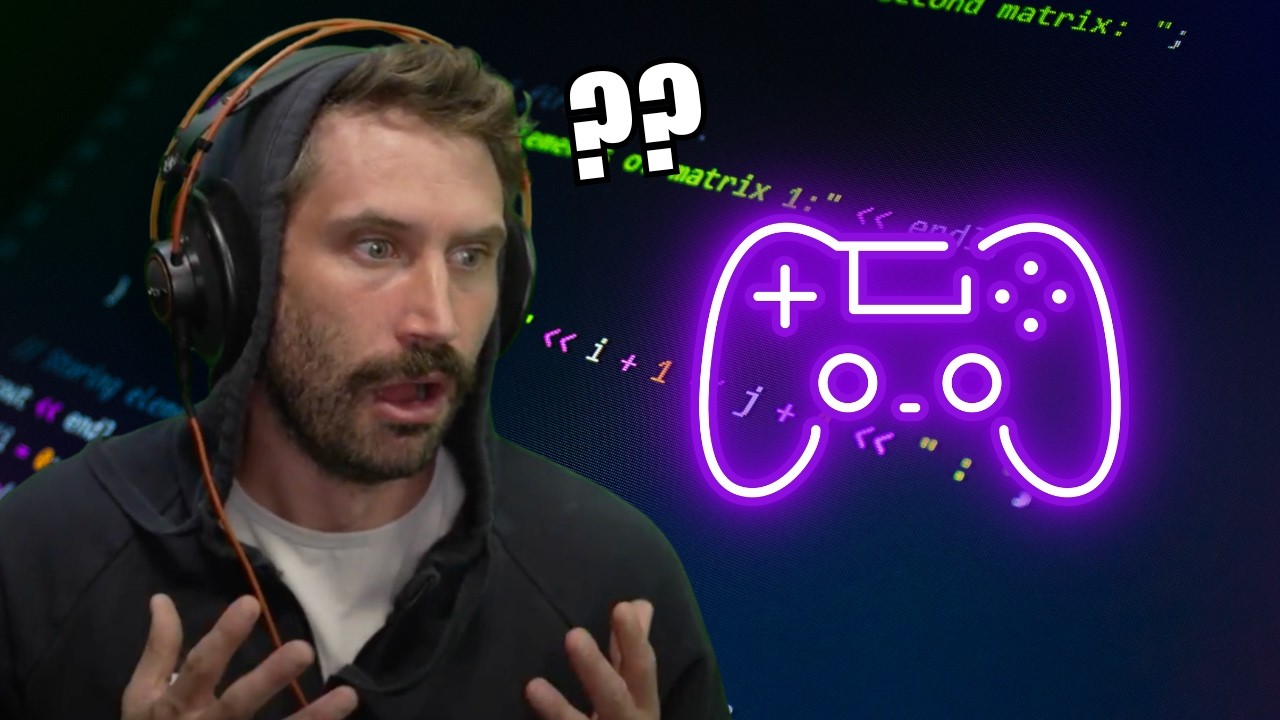In a discussion led by Jonathan Blow, the potential of AI in game development is examined, with Blow expressing skepticism about its current creative capabilities while acknowledging its future value as a tool for developers. He emphasizes that AI can assist less experienced developers but should not be seen as a replacement for skilled human creativity and decision-making, particularly in the nuanced and complex tasks of game development.
In a discussion led by Jonathan Blow, the potential usefulness of AI in game development is explored, particularly regarding its ability to automate various development processes. Blow expresses skepticism about AI’s current creative capabilities but acknowledges that it may become a significant tool in the future. He suggests that while AI might not take over most of game development, it will eventually become a valuable asset, making it essential for developers to incorporate it into their workflows to avoid being at a disadvantage.
Blow highlights the limitations of AI in generating specific and coherent content for games. While AI image generators can produce impressive results when given vague prompts, they struggle with specificity and continuity, making it challenging to create a cohesive game aesthetic. He argues that hiring a designer may still be more effective than relying solely on AI for creative tasks, as the technology currently lacks the understanding needed to produce consistent and contextually appropriate designs.
The conversation also touches on AI’s role in programming, where Blow critiques the notion that AI can significantly enhance productivity for advanced programmers. He suggests that those who claim AI makes programming easier are often working on repetitive, boilerplate tasks rather than tackling the complex problems that game developers face. The intricacies of game development require a deep understanding of the entire system, which AI is not yet equipped to handle effectively.
Blow draws an analogy between AI and meteorology, explaining that while AI can make accurate predictions for simple tasks, its reliability diminishes with complexity and time. He emphasizes that AI excels at generating boilerplate code but struggles with the nuanced decision-making required for more sophisticated programming tasks. This limitation highlights the current gap between AI capabilities and the demands of advanced game development.
Ultimately, Blow concludes that while AI has the potential to empower less experienced developers to create successful projects, it should not be overhyped as a replacement for skilled human creativity and decision-making. He stresses the importance of audience engagement and the unique insights that experienced developers bring to the table, suggesting that the true value of AI lies in its ability to assist rather than replace human ingenuity in game development.
